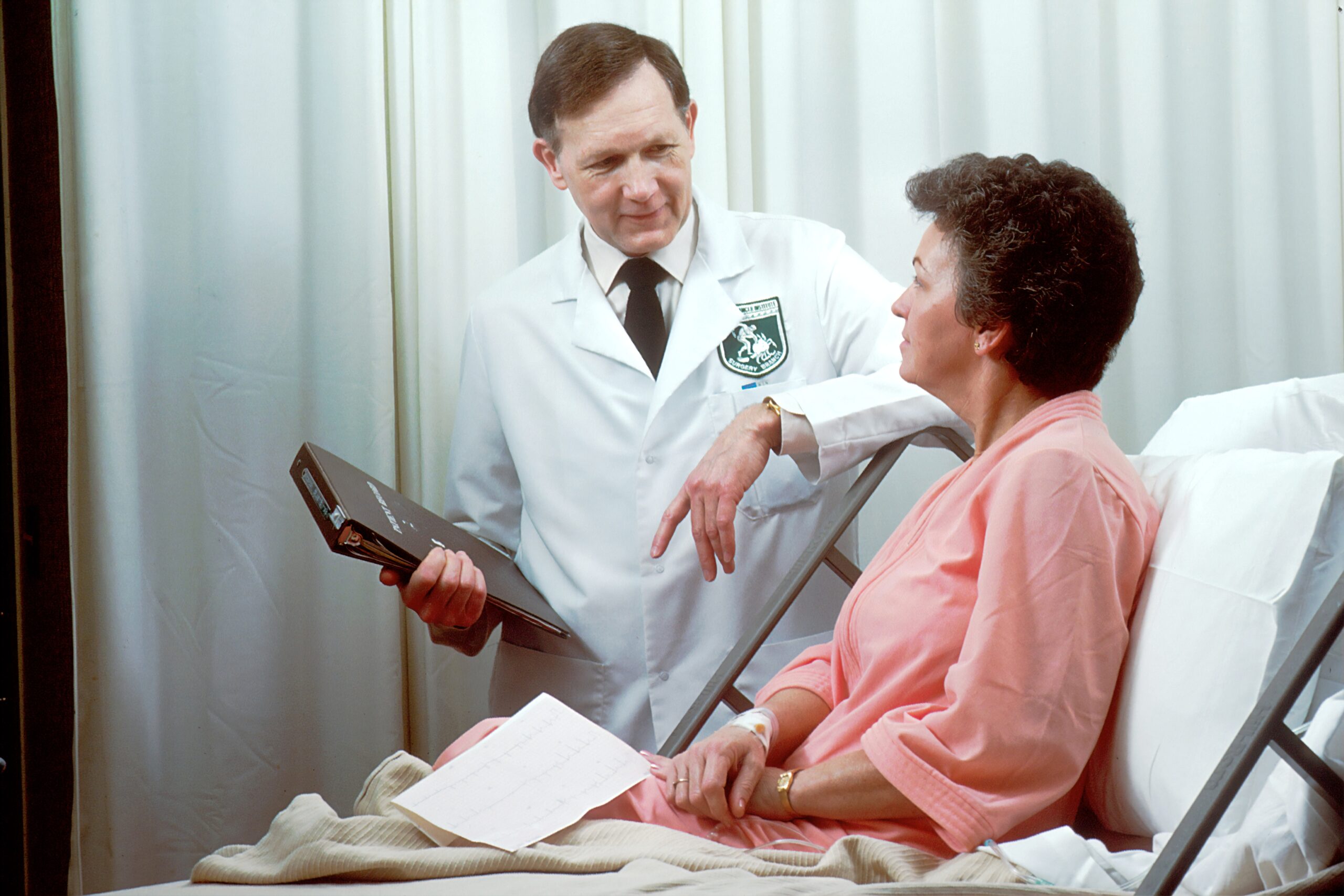Colon cancer originates in the large intestine or the colon. It is usually observed in older adults. This form of cancer starts as benign polyps, which are noncancerous cell clumps. They form inside the colon. Some of them become cancerous over time. Treatments for colon cancer include surgery and therapy. The form of treatment generally depends on the stage of cancer. Here is how colon cancer is treated at various stages of the disease.
- Stage 0 colon cancer treatment
This is the initial stage of colon cancer. At this early stage, the growth of cancerous cells doesn’t go beyond the innermost layer or the mucosa layer of the colon. The treatment of colon cancer at this stage only involves surgery. By performing local excision or colonoscopy, the cancerous polyp or the entire area that has the cancerous cells is removed. - Stage 1 colon cancer treatment
At this stage, colon cancer begins to progress from the inner layer that is the mucosa to the submucosa. It goes deeper into the walls of the colon. However, it does not spread to the lymph nodes and outside the colon walls. In stage 1, cancerous cells begin to grow from what was once a polyp. Surgical treatment with colonoscopy is usually recommended at this stage. The surgery will aim to obliterate the polyp without leaving behind any cancerous cells at the margins. In case this does not happen, further surgeries will be required. A partial colectomy is recommended for cancers that are not in the polyp. This removes a part of the colon that has cancerous cells. - Stage 2 colon cancer treatment
As cancer reaches this stage, it spreads beyond the mucosa and submucosa. Stage 2 is classified in further stages: 2A, 2B, and 2C. At this stage, the cancer growth has progressed through the colon walls and into the tissues close to the colon. However, the lymph nodes are not affected at this stage. A partial colectomy is usually recommended during this stage. The surgery removes the part of the colon that contains cancer. In some cases, adjuvant chemotherapy may also be recommended. This is generally decided after testing the tumor for gene changes. - Stage 3 colon cancer treatment
During this stage, cancer spreads to the muscular layers of the colon. The tumor grows into the nearby lymph nodes as well. Depending on the number of lymph nodes affected, stage 3 colon cancer is further categorized into 3A, 3B, and 3C. At this stage, the standard treatment is to do a partial colectomy to remove the colon’s affected section along with lymph nodes. This is followed by adjuvant chemotherapy. If the tumor is too large to remove completely, neoadjuvant chemo with radiation is performed. This reduces the size of the tumor. If cancerous cells are found in a nearby organ or margins of the colon, adjuvant radiation therapy is recommended. - Stage 4 colon cancer treatment
This is the advanced stage of colon cancer. The cancerous cells spread to distant organs. Based on the number of organs affected in stage 4, cancer is divided into stages 4A and 4B. Surgery will only work if there are small cancerous areas in the other regions. Otherwise, most stage 4 colon cancer cases are treated with chemo and targeted therapy.

